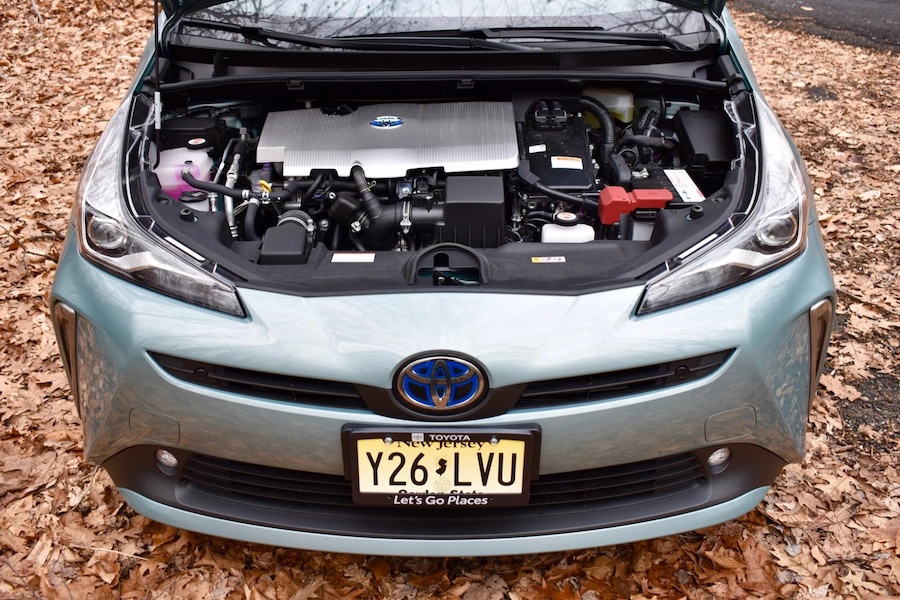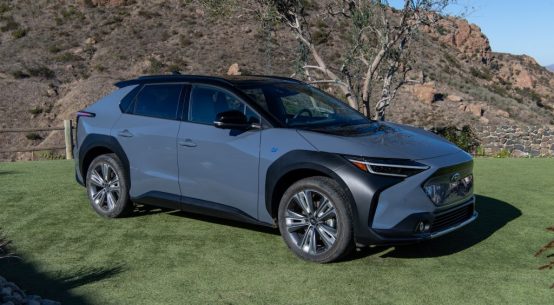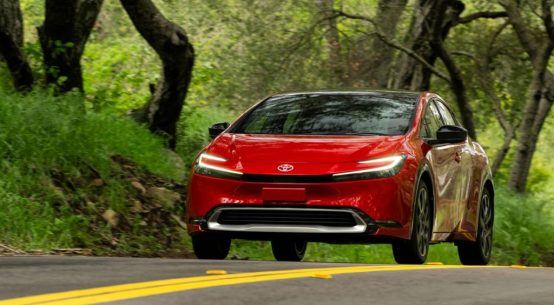
If you’re not ready for a full-on EV but still want to save on gas, a hybrid is your best bet! Here are some general pros and cons with hybrid vehicles.
Pros:
- Improved fuel efficiency: Hybrid vehicles combine an electric motor with a gasoline engine, resulting in better fuel efficiency and reduced emissions compared to traditional gasoline-only vehicles.
- Potential cost savings: While hybrid vehicles may have a higher upfront cost, their improved fuel efficiency can result in long-term savings on gas expenses.
- Reduced environmental impact: With lower emissions and improved fuel efficiency, hybrid vehicles have a smaller carbon footprint than traditional gasoline-only vehicles.
- Quiet operation: The electric motor in a hybrid vehicle can provide a smoother, quieter driving experience than a traditional gasoline engine.
Cons:
- Higher upfront cost: Hybrid vehicles may have a higher initial cost than traditional gasoline-only vehicles.
- Limited electric-only range: Most hybrids still rely on gasoline as their primary fuel source, so their electric-only range may be limited.
- Battery degradation: Hybrid batteries may degrade over time, which can be costly to replace.
- Limited availability: Depending on where you live, hybrid vehicles may not be as widely available as traditional gasoline-only vehicles.





